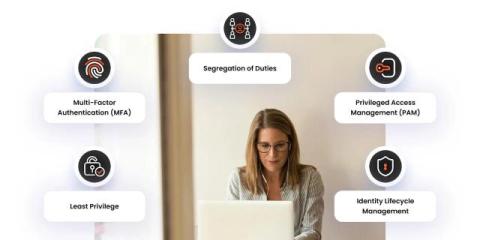Rockstar 2FA Phishing-as-a-Service (PaaS): Noteworthy Email Campaigns
Welcome to the second part of our investigation into the Rockstar kit, please check out part one here. This blog tackles real-world Rockstar 2FA email examples incorporating noteworthy techniques.









